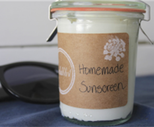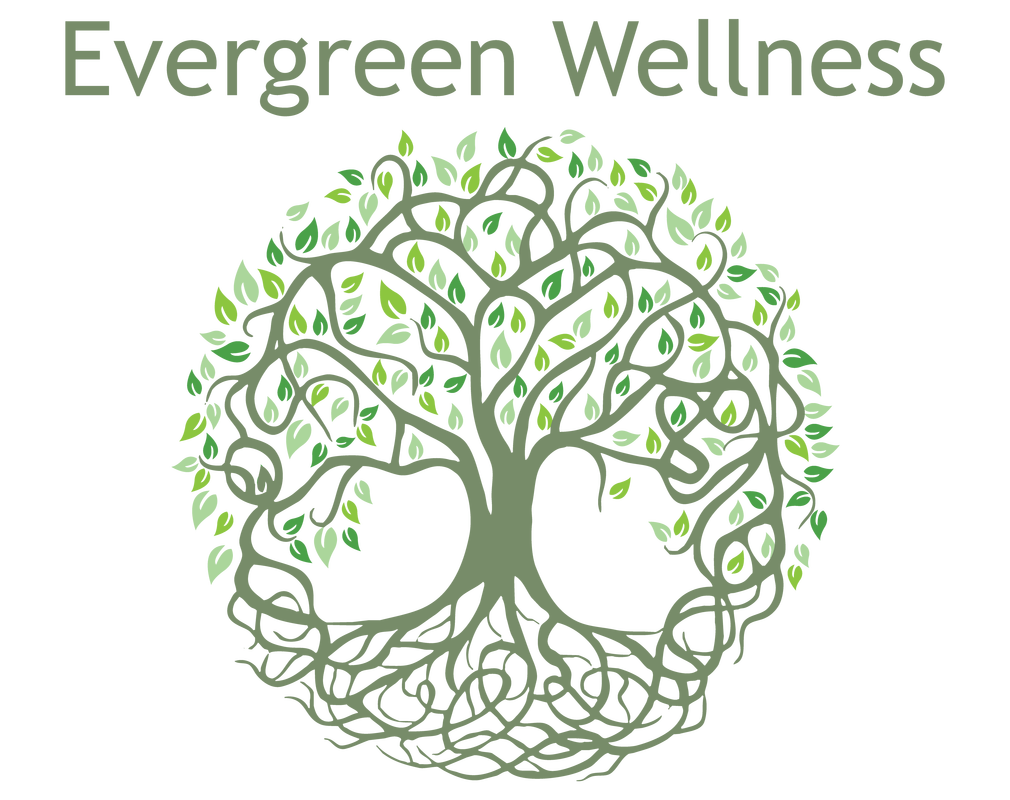WELLNESS WISDOMSA place for tidbits, ideas, workshops, etc., on health and wellness.
|
|
Got any ‘Wellness Wisdoms’ you would like to share?
Email us yours and, if we choose to feature yours in an upcoming newsletter, you will receive a $50 gift certificate for our clinic. |




 RSS Feed
RSS Feed
